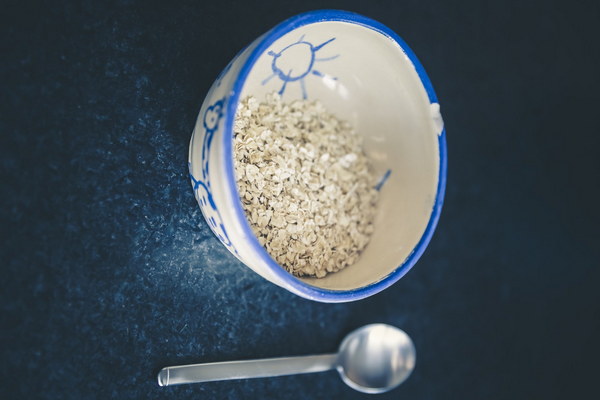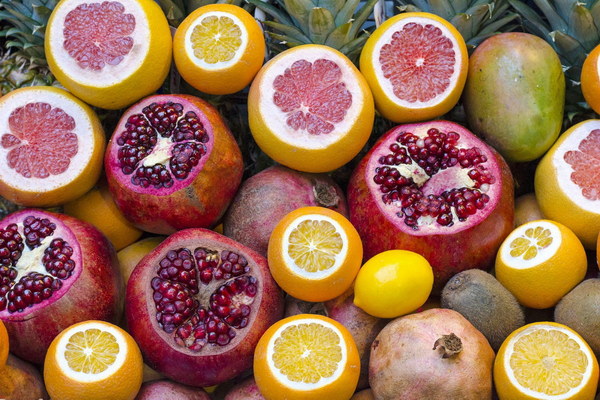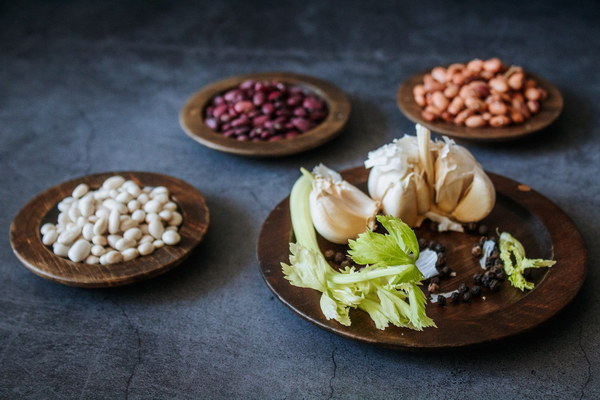The Dark Side of Red Wine's Anti-Aging Claims Unveiling the Hidden Dangers
In recent years, red wine has been hailed as a miracle drink, offering a plethora of health benefits, including its supposed anti-aging properties. However, as with many things, the truth behind red wine's anti-aging effects may not be as rosy as it seems. This article delves into the potential dangers of red wine's anti-aging claims, highlighting the hidden risks that many may not be aware of.
Firstly, it is important to note that while red wine contains antioxidants, such as resveratrol, which are believed to have anti-aging effects, the overall impact of these antioxidants on the body is still under debate. Some studies suggest that the antioxidants found in red wine may help protect against oxidative stress and inflammation, which are both contributors to aging. However, other research indicates that the benefits of these antioxidants are minimal and can be obtained through a balanced diet rich in fruits and vegetables.
One of the main concerns regarding red wine's anti-aging claims is the potential for excessive alcohol consumption. While moderate drinking has been linked to certain health benefits, excessive alcohol intake can lead to a variety of health issues, including liver disease, increased risk of cancer, and accelerated aging. The World Health Organization (WHO) defines moderate drinking as up to two drinks per day for men and up to one drink per day for women. Consuming more than this can have detrimental effects on the body, including the skin.

Another concern is the impact of alcohol on skin health. Alcohol is a diuretic, meaning it can lead to dehydration, which can exacerbate signs of aging, such as wrinkles and sagging skin. Additionally, alcohol can disrupt the balance of beneficial bacteria on the skin, leading to increased inflammation and sensitivity. This can make the skin more susceptible to environmental damage, such as UV radiation, which is a significant contributor to aging.
Furthermore, excessive alcohol consumption can impair the body's ability to repair damaged cells, which is crucial for maintaining youthful skin. Alcohol can also interfere with the production of collagen and elastin, two proteins responsible for skin elasticity and firmness. As a result, individuals who consume alcohol excessively may notice an earlier onset of fine lines and wrinkles.
Moreover, the anti-inflammatory properties of red wine may not be as beneficial as one might think. While inflammation is a natural response to injury or infection, chronic inflammation is linked to a variety of age-related diseases, including cardiovascular disease, diabetes, and certain types of cancer. Some studies suggest that moderate alcohol consumption may reduce the risk of chronic inflammation, but excessive drinking can actually exacerbate inflammation, leading to accelerated aging and increased risk of disease.
It is also worth mentioning the potential for addiction and dependency when it comes to alcohol consumption. For those who may be prone to alcoholism, indulging in red wine for its supposed anti-aging benefits can lead to a dangerous cycle of dependency and increased health risks.
In conclusion, while red wine may have some potential anti-aging benefits due to its antioxidants, the risks associated with excessive alcohol consumption far outweigh these benefits. The potential for dehydration, disruption of skin health, impaired cell repair, increased inflammation, and addiction should all be taken into consideration when evaluating red wine's anti-aging claims. As with any health-related topic, it is crucial to approach the issue with a balanced perspective and consult with healthcare professionals to make informed decisions about alcohol consumption.









